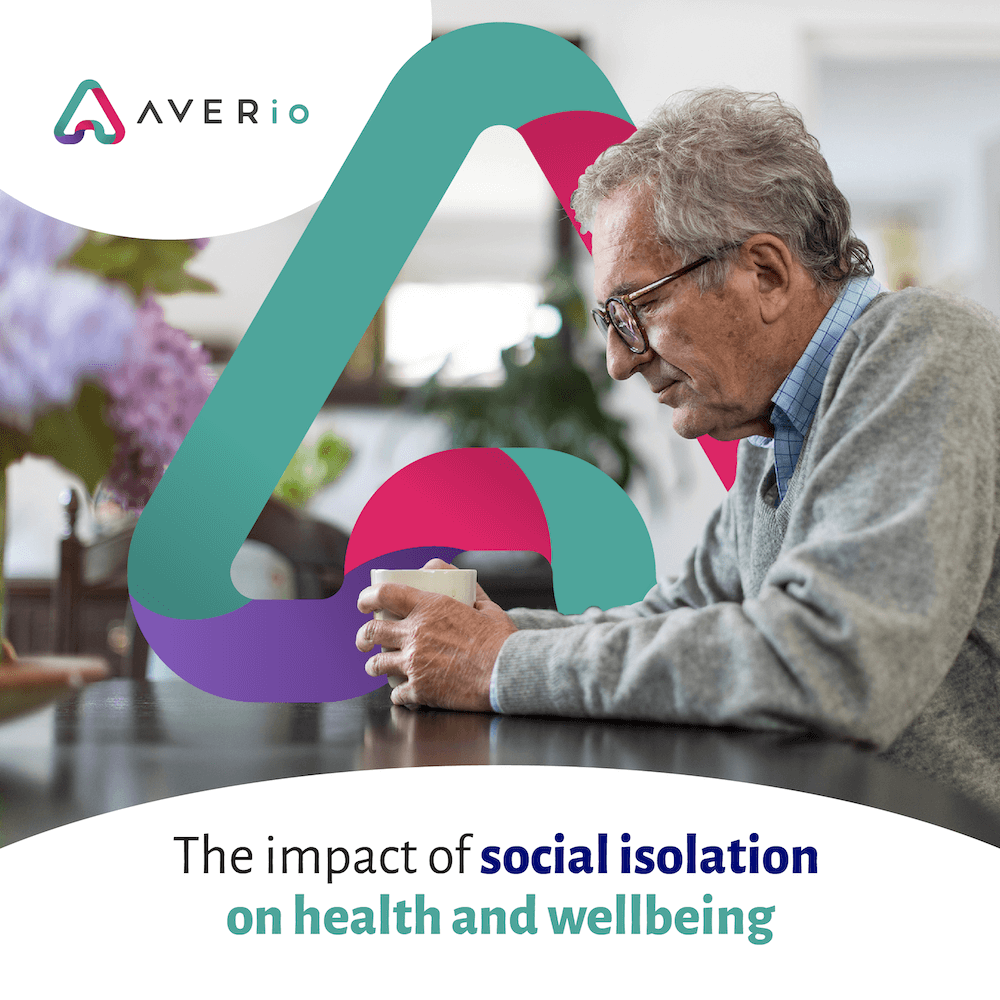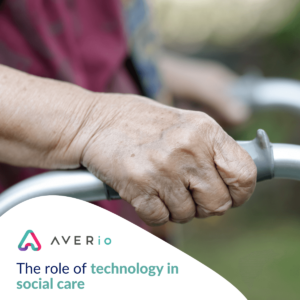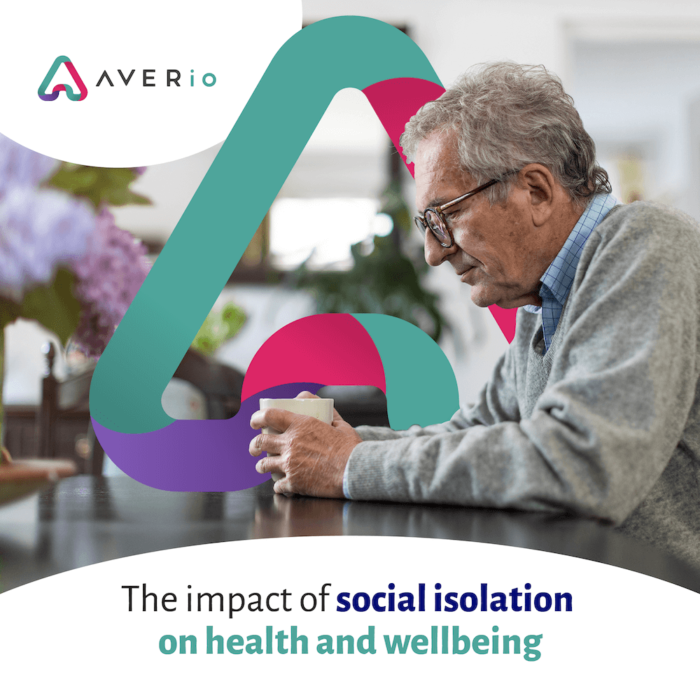
The COVID-19 pandemic has only served to emphasise the effects of social isolation on older people, a problem that has been increasing in the health and social care sector for some time. Lack of social interaction with one’s family, friends, or community is known as social isolation, and it can have a significant negative impact on one’s health and wellbeing, especially in older people.
Social isolation has a serious negative effect on one’s bodily well-being. Studies have demonstrated that social isolation can raise the chance of developing chronic conditions like diabetes, heart disease, and stroke. Additionally, it may result in higher obesity rates and lower levels of physical exercise. A person’s immune system may become weakened by social seclusion, increasing their susceptibility to infections.
It is equally alarming how social seclusion affects mental health. A recognised risk factor for depression, anxiety, and other mental health disorders is social isolation. Lack of social contact can cause feelings of isolation and loneliness, which are bad for mental health. Dementia and cognitive decline are also more likely in older people who are socially isolated.
Quality of living can also be significantly impacted. A diminished sense of meaning or purpose in life may be experienced by older people who are socially isolated. They might also have trouble getting to resources like social assistance, transportation, and healthcare.
The COVID-19 pandemic has brought social isolation’s effects on older people in particular to light. It has become more challenging for older people to maintain social connections with family and friends as a result of lockdowns and social isolation measures. This has significantly impacted mental health and raised feelings of loneliness and isolation.
There are several methods that can be employed to combat older people’s this. One strategy is to encourage social ties through neighbourhood-based initiatives like community centers, social clubs, and volunteer groups. Access to tools and services, as well as chances for social engagement, can be made available by these programmes.
Technology can also be used to combat older people’s social isolation. Telehealth services, for instance, can offer virtual doctor appointments, lowering the need for in-person visits and enhancing patient access to treatment. Platforms for video chat can also help maintain social ties between elderly people and their loved ones, especially when in-person meetings are not an option.
Finally, social workers and healthcare professionals can be vital in addressing older people’s social isolation. Patients can be assessed for social isolation by their carers, and if necessary, recommendations to community-based services or programmes can be made. Additionally, they can inform patients about the value of relationships and assist them in creating plans for preserving relationships and continuing to participate in their communities.
In conclusion, social isolation, especially among older people, is a major issue in the health and social care sector. Quality of life, as well as physical and emotional health, can be significantly impacted by social isolation. To combat social isolation among older people and enhance their general health and wellbeing, strategies like community-based programs, technology, and healthcare provider interventions can be used. Healthcare professionals and social workers should be aware of the effects social isolation has on their patients and take proactive measures to address this problem in a thorough and caring way.
Related Articles

Person-Centred Care: Empowering Individuals Using Digital Tools
Person-centred care is a health & social care philosophy that prioritises an individual’s needs, preferences, and active participation in their own treatment journey. Digital tools and technologies have become critical in establishing person-centred care in today’s digital age. In this

Ageing In Place – Connected Care
In the UK, the idea of “ageing in place,” or enabling people to live freely in their own homes as they age, is becoming more and more popular. The implementation of Connected Care home technologies is essential to bringing this

Measuring the ROI of Technology-Enabled Care Solutions
As more health & social care providers and organisations adopt technology-enabled care solutions, the need to evaluate Return on Investment (ROI) is becoming ever more relevant. While the benefits of TEC solutions are readily apparent in improved resident outcomes and

Aquarate and AVERio Join Forces to Enhance Care For Vulnerable Individuals
Aquarate, the healthtech company that’s reinventing hydration with its groundbreaking smart cup, has joined forces with AVERio, a leading provider of fall detection and monitoring software, to announce an exciting new partnership. This collaboration aims to drive positive change in

The Role of Technology in Social Care
Technology is becoming more and more important in many facets of our life in today’s fast-paced and connected society. Social care is one area where it has advanced significantly. Technology is transforming the social care sector because it has the

The Care Workers’ Charity Employee Grant Giving Initiative
A post by The Care Workers’ Charity: As 2023 progresses, the care sector has faced a stream of disappointing lack of support, commitment and hope for the future of the sector. It has become more and more apparent that answers

